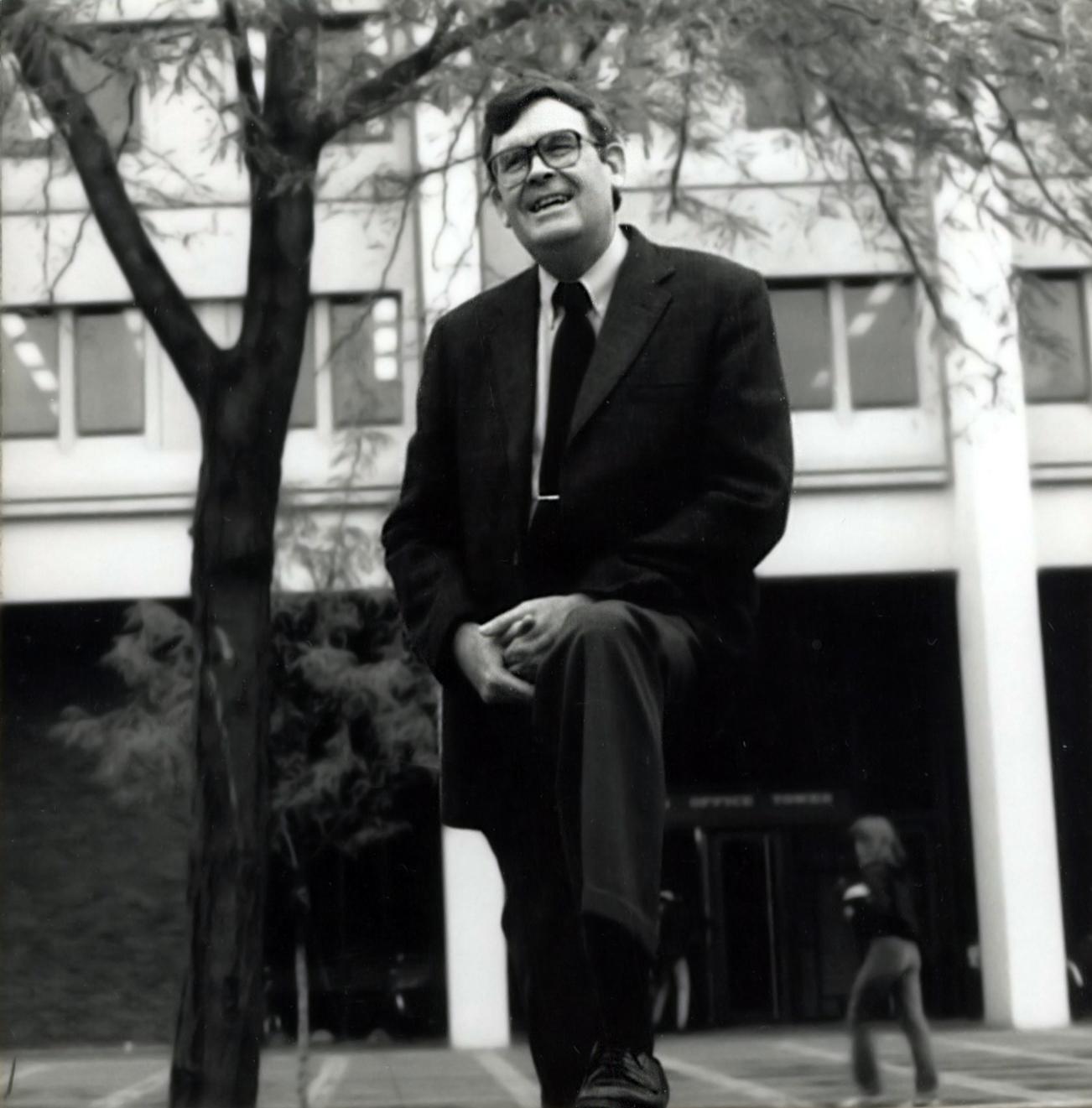Supporting our Asian, Asian American, and Pacific Islander Communities
We, the Department of Modern and Classical Languages, Literatures, and Cultures at the University of Kentucky, condemn the hateful violence committed in Atlanta on March 16, 2021. We stand in solidarity with the families of Soon Chung Park, Hyun Jung Grant, Suncha Kim, Yong Ae Yue, Delaina Ashley Yaun, Daoyou Feng, Xiaojie Tan, Paul Andre Michels who were murdered and Elcias R. Hernandez-Ortiz who was seriously injured by these horrific attacks.

 LEXINGTON, Ky. (March 16, 2021) — UK alumna Jamie Zimmerman’s passion for gender equality and interest in financial inclusion began early.
LEXINGTON, Ky. (March 16, 2021) — UK alumna Jamie Zimmerman’s passion for gender equality and interest in financial inclusion began early.  Louis J. Swift, an emeritus professor of Classics in the Department of Modern and Classical Languages, Literatures, and Cultures (MCLLC), passed away on Saturday, January 30, 2021.
Louis J. Swift, an emeritus professor of Classics in the Department of Modern and Classical Languages, Literatures, and Cultures (MCLLC), passed away on Saturday, January 30, 2021. LEXINGTON, KY. (Nov. 17, 2020) — Did you know, federal agencies have identified Russian as a priority language of national need?
LEXINGTON, KY. (Nov. 17, 2020) — Did you know, federal agencies have identified Russian as a priority language of national need? LEXINGTON, Ky. (Sept. 21, 2020) — University of Kentucky graduates Calli Brooks and Tsage Douglas have been selected to participate in the
LEXINGTON, Ky. (Sept. 21, 2020) — University of Kentucky graduates Calli Brooks and Tsage Douglas have been selected to participate in the